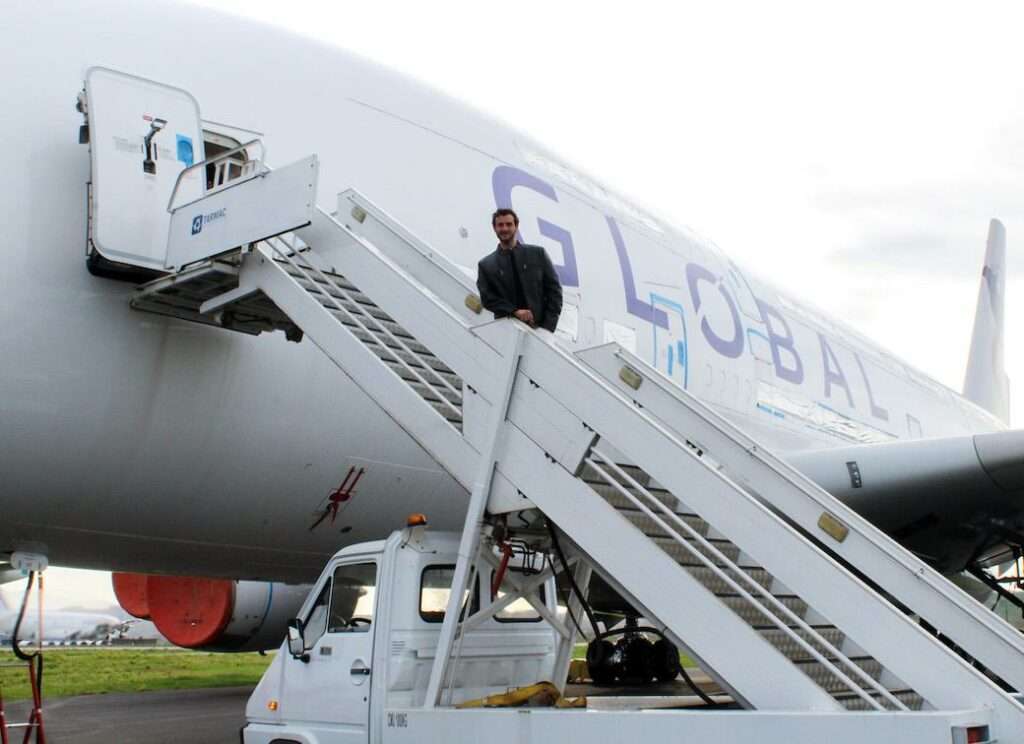The UK Civil Aviation Authority (CAA) has said that owning an Air Operator’s Certificate (AOC) is a privilege, and not a right in a recent blog post this week.
Amidst the continued furore of start-up airlines, some of them being real and some not, they have delved into what it takes for a new entrant to get such a license.
“They are more than just a legal document; they give confidence to passengers, industry, and our international partners that a UK airline is maintaining the highest standards of safety, security, and operational proficiency”, the blog post reads.
Without further ado, let’s get into it…
First Up: Submitting the AOC To The UK CAA…

The UK CAA highlighted that the average lead time on acquiring an AOC to begin commercial operations take anywhere between 6-18 months, and they insist that they take a positive approach for things like this:
“At the UK Civil Aviation Authority, we take a positive approach to grant licenses believing that new entrants add to the dynamic and competitive aviation environment in the UK to the benefit of consumers and industry.”
Holding an OL and AOC are a privilege and not a right; we will therefore only grant licences if we are content that the proposed airline is adequately resourced, responsibly run and committed to safety, security, and compliance.”
“While we will guide and assist, we are not an applicant’s consultants and the obligation to drive forward a proposal rests with them.”
“We want to ensure that an applicant is prepared and aware of the likely challenges and commitment necessary to successfully go through the process.”
“It also allows for the identification of potential issues at an early stage and before resources are committed and significant costs are incurred on either side.”

“We feel that such transparency on our part allows a potential applicant to make an informed decision on whether to proceed.”
“Whilst no charge is made for an initial meeting, application forms will only be provided to a prospective operator when we are content that they are ready to proceed and that is the point an application fee is made.”
The Assessment Period…
The UK CAA notes that such applicants will need a business plan to support their overall application, setting out and costing the concept and market, followed by detailed operational manuals.
[monsterinsights_popular_posts_inline]
For such assessment by the regulatory body, they will take a look at the airline’s organisational structure, safety management system, operational procedures and much more during this process.
From there, they will then seek to test, interview and question applicants regarding anything that may be of issue, as well as general knowledge based on the assessment itself.
As you can see so far, this is a vigorous process.
Proving Flights…
Once that process has been passed, it is then onto the on-site inspections and proving flights of the airline.

Within these proving flights, aspects of safety will be demonstrated by the applicant, including how to identify, mitigate and manage operational risks to a significant level.
Other elements such as crew competency, and operational effectiveness will be tested by the UK CAA, with the expectation that the applicant passes this significantly.
From there, the regulatory body will go away and assess everything that they have seen.
Then, The UK CAA Will Make A Decision on Approval or Rejection…
Once such assessments have been made, the UK CAA then consults expert panels with their findings and present their recommendations through a report.
The final review panel will then deliberate on whether they meet that criteria, before making that overall decision.
Even if an applicant is successful, that isn’t the end of the journey, but more of a continuous one as they continue to provide oversight over the new airline to make sure they adhere to rules and regulations set out.
This will come in the form of audits, inspections and reviews. The CAA said to finish:
“The journey from application to certification is a testament to an airline’s dedication to the well-being of its passengers, the integrity of its operations, and the standards set by the aviation industry.”
“As aviation continues to evolve and global skies become busier, confidence in the OL and AOC licensing process remains an essential cornerstone to foster a culture of safety and trust.”
Overall: Should We Change The Way We Look at Start-Up Carrier in the UK?
With all of this in mind, should we change the way that we look at start-up carriers announcing intentions to start up operations?
After the whole furore with the supposed new “Monarch”, for which AviationSource reported initially about their restart and turned out not to be the case, this could very well be why there is hesitancy when start-up carriers announce their intentions.
Many in the industry that even if a start-up carrier announces significant milestones or offerings during the process of actually starting up, it shouldn’t be until AOC’s are handed out that things could be taken a bit more seriously.
We have seen start-up carriers in the UK come and go. We should only take them seriously when they have received their AOC by the UK CAA.

Click the banner to subscribe to our weekly newsleter.









